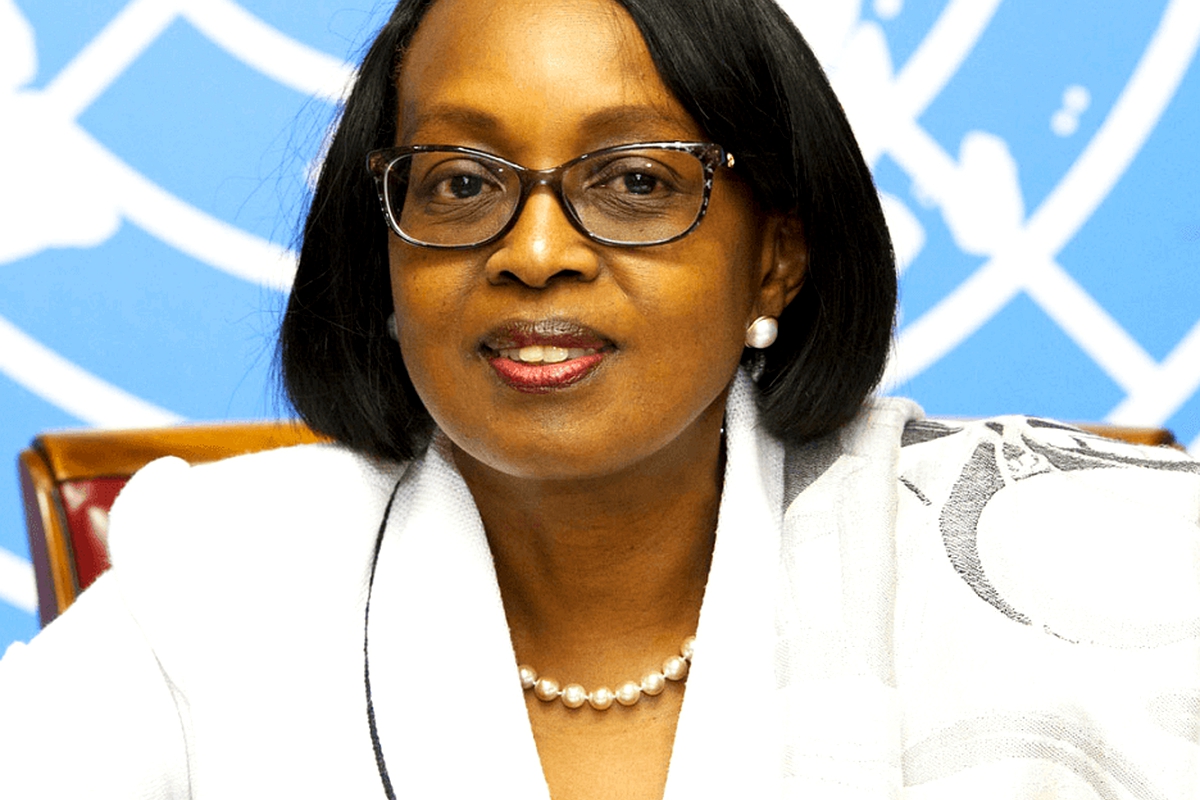ALL communities should have access to necessary oral anti-diabetes medications and test strips, and the Who Health Organisation (WHO) has urged governments to make investments in diabetes prevention.
health
Nov. 17, 2023
LINEO MABEKEBEKE
3 min read
WHO urges all govts to invest in combating diabetes

WHO Regional Director for Africa, Dr. Matshidiso Moeti
Story highlights
This should be backed by training health workers in diabetes prevention and management at the district and community levels to improve service availability.
The global health body has also asked governments to adopt and adapt global targets for diabetes as part of efforts to strengthen and monitor diabetes responses within national non-communicable disease (NCD) programmes.
This is the message sent by the WHO Regional Director for Africa, Dr. Matshidiso Moeti, in recognition of World Diabetes Day this week.
She urged national authorities to strengthen surveillance systems to monitor the trends of diabetes and other NCDs at the population level to be able to better plan for and manage diabetes.
Moeti said diabetes affects every part of the body, and if not correctly managed, people living with the disease could develop debilitating and life-threatening complications.
“This leads to an increased need for medical care, reduced quality of life, and premature death, placing a huge burden on affected individuals and their families,” said Moeti.
Many people living with diabetes in Africa are said to have either never been diagnosed or are not able to access the medicines and technologies that could improve their condition, with 54 percent of them still undiagnosed.
Moeti said this spoke to the need for greater awareness of the disease and the capacity to recognise and diagnose diabetes at a level of care that is easily accessible to all communities, noting that once diagnosed, they need to have regular care to monitor the effects of diet and medication and to detect complications early.
According to WHO, diabetes must be taken seriously not only by individuals living with or at high risk of the condition but also by healthcare professionals and decision-makers.
Prevention by adopting a healthy lifestyle, combined with good nutrition rich in fruits and vegetables, being physically active, and not using any tobacco products or alcohol, can massively reduce the risk of developing diabetes.
Enjoy our daily newsletter from today
Access exclusive newsletters, along with previews of new media releases.
Even though the emergency phase of the COVID-19 pandemic is over, WHO says the virus is still a threat to people living with diabetes, urging many living with diabetes
to adopt a healthy lifestyle and protect themselves by getting vaccinated against COVID-19.
On November 14, the international community marks World Diabetes Day to raise awareness of the growing burden of this disease and to highlight ways in which the disease can be prevented and managed.
This year’s theme, ‘Access to diabetes care', focuses on preventing diabetes, particularly type 2 diabetes, which is linked to known risk factors, some of which can be minimised by communities if they are armed with the correct information.
Some of the risk factors are being overweight, a lack of regular exercise, and a diet high in sugars, salt, and fats, particularly in people with a family history of the disease.
Globally, diabetes is said to rank among the top 10 causes of death. It was responsible for 416,000 deaths in Africa in 2021 and is predicted to be one of the leading causes of death in the region by 2030.






